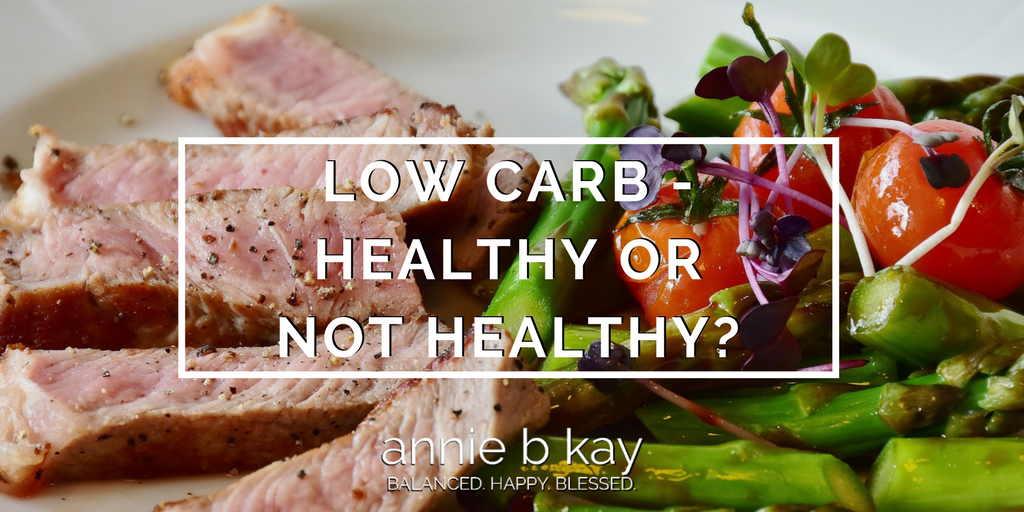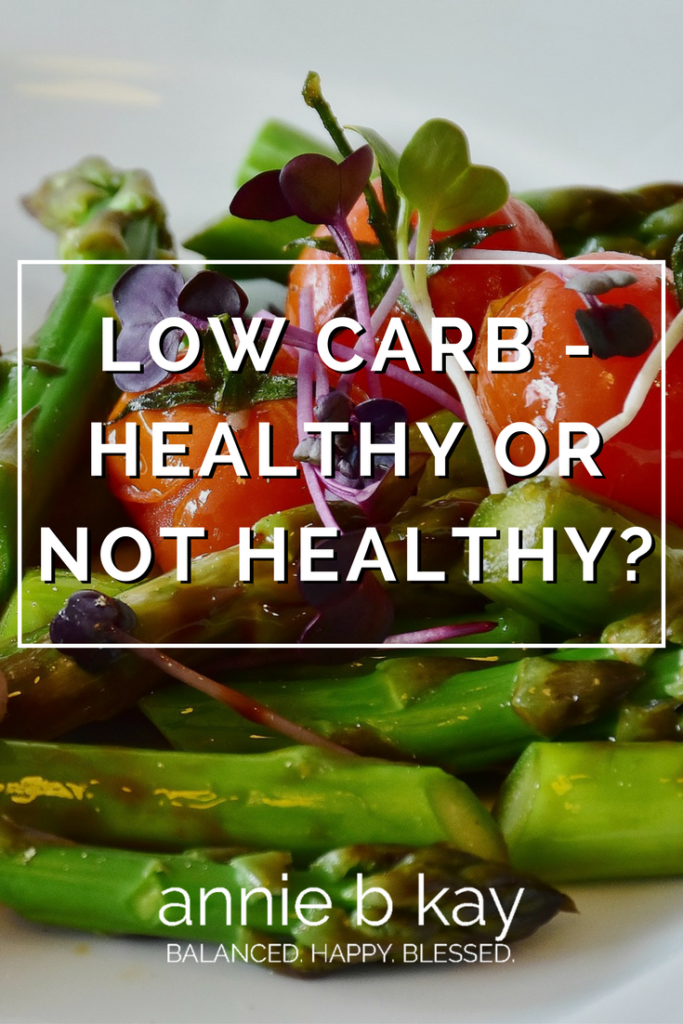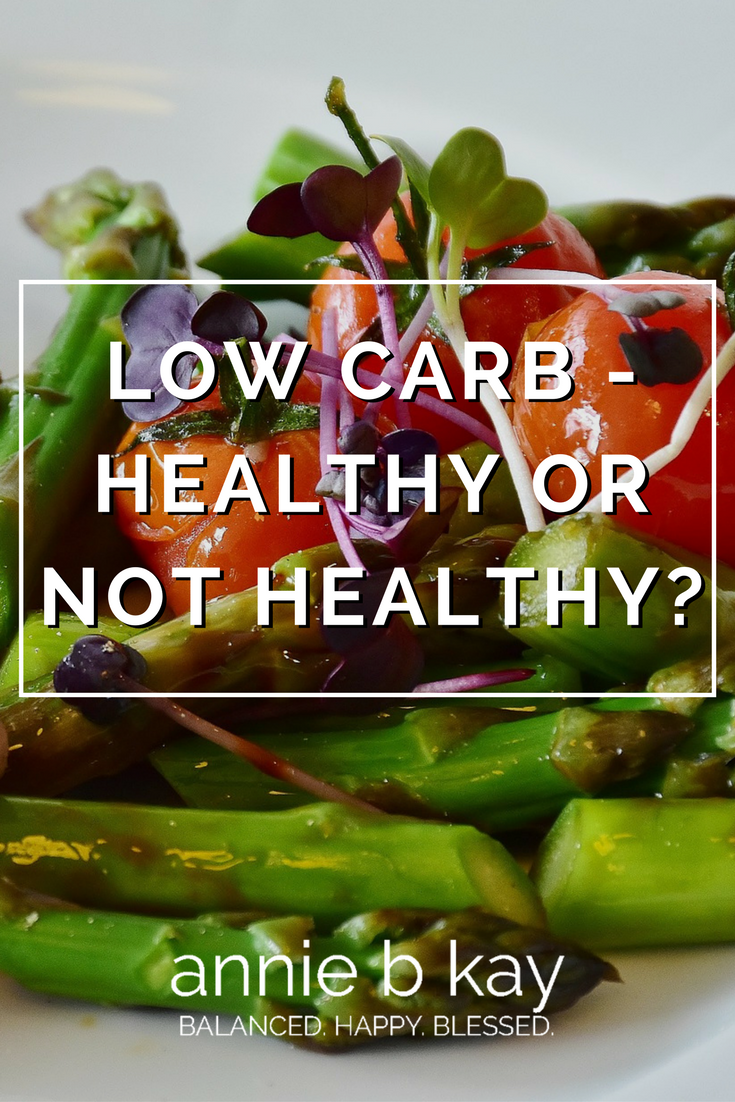
Bread. Chewy crusty bread dipped in a fantastic olive oil and a bit of sea salt. Nutritional friend or foe?
Giving up bread, potatoes, pasta, and even beans because they are carbohydrate-rich foods is a decades-old strategy that’s been presented in a wide variety of popular diets, including Atkins, South-Beach, Paleo, UltraMetabolism, and now Bright-Line.
Just what is a low-carb diet, is it healthy for all, for some or no one?
If you ask 10 people just what a low-carb diet is, you’ll get 10 different answers. That’s because the real clinical data on just what a low-carbohydrate diet is and if, how and who it helps is cloudier than you’d imagine if you believe what you read in the popular press. So, let’s begin with what a low-carbohydrate diet is and is not.
Carb Basics
Carbohydrates break down into sugars and are the energy currency of the body. We need sugar (glucose) for brain function and energy. Most glucose (what the sugar carb breaks down to and the fuel for the body) comes from carbohydrate-containing foods, but the body can also convert protein and fat into glucose (inefficiently and with side effects).
The National Institutes of Health (NIH) set a recommendation of 130 g/day of carbohydrate, based on the amount of glucose needed by the brain and body. The Institute of Medicine (IOM) recommends that 45-65% of daily calories come from carbohydrate. The IOM also set a fiber intake recommendation of 25 g/day for women, and 38 g/day for men.
For comparison’s sake, one serving of carbohydrate (a small slice of bread, or half a banana) contains about 15 g of carbohydrate. If the bread is white bread, it will not have much fiber nor vitamins and minerals unless they are added in the process of fortification. The half banana has about 3 1/2 g of fiber and is a good source of vitamins B-6 and C, potassium and other minerals. So, the banana is what a nutritionist would call more nutrient-dense – that is, calorie for calorie, it gives you lots of nutrients – it’s a higher quality carbohydrate than the bread.
To understand why we’re so low-carb crazy, let’s look at the Standard American Diet (yes, SAD). American men are eating about 287 g of carb per day, and women about 177 g. One-quarter of this carbohydrate intake is from added sweeteners (sugar). Added sweeteners have no nutritive value – not one vitamin or mineral, yet are packed with energy (calories) and absorb very quickly from the gut into the blood stream. How rapidly sugar is absorbed is one of the problems with a highly refined diet high in processed foods (which often acts like just more sugar) and sweeteners – they make you hungry for more. Fiber (which slow the rate that sugar is absorbed from the gut into the blood stream) intakes are about 17 g for men, and 13 g for women. Please note that these intake numbers are changing and not in a more hopeful and healthy direction. Get the picture?
American are eating plenty of carbohydrates, and the type of carbohydrate we are eating is high in sugar and low in fiber. Really low quality, low-nutrition food and lots of it.
A Low-Carb Diet is…
More than the switch from flour and processed grains to whole grains. It’s more than giving up sugar.
A low-carb diet dips below that 130 g/day recommendation of carbohydrates. The most restrictive phase of the Atkin’s diet has 20 gm of carbs in it. When you head down to this level of carbs you are getting your energy from fat and protein. This puts you into ketosis, which is the creation of ketones. While not dangerous in the short term if you drink plenty of water to help your kidney’s flush the ketones out of your body, a common side effect is nasty (nail polish) breath and sweat. It makes you smell, but you’re losing weight and not hungry. My opinion is that over time, this is a very hard diet on your body, and there’s no good data that shows over time people lose more and are healthier from this strategy than others.
So, what do you give up to follow a low-carb diet?
Bread, flour, all grains, even whole grains 🙁 , all fruit :(, starchy vegetables 🙁 like sweet potatoes, corn, peas and squash, beans :(, usually alcohol and of course sugars and sweeteners.
What do you eat?
Lots of meat, fish. Lots of fat. Non-starchy vegetables (which I find many people forget). Usually nuts and nut butters. There are a slew of processed low-carb foods of questionable quality.
Ketosis is different from diabetic ketoacidosis which is a much more dangerous condition of too little insulin and resultant high blood sugar.
Does it work?
Like any highly restrictive elimination diet, low-carb will work because you are eating less. It’s energy-balance basics. What’s handy about low-carb diets is that when you increase your protein and fat intake, you are less hungry than if you ate carbohydrates. So, as a jump-starter to healthier eating and a means of feeling the promise of a lighter body, they can be helpful.
Over the long-term, though, this pattern suffers from what all weight-loss diet patterns suffer from – they are hard to stick with over the long-term and ultimately people struggle to maintain them. There are some additional concerns about this pattern, too. I’ve listed them below.
What the Low-Carb Proponents Forget to Mention
- Your body adjusts to low carb and burning fat as fuel. When you eat a carb again you can become a super-efficient fat-producing machine. So, only do this if you are going to maintain it for the duration.
- A risk for constipation increases – drink lots of water. Your poor kidneys are working triple-time. If you do low-carb, you’ve got to eat your non-starch vegetables, which is a source of fiber that will help prevent constipation. Drink drink drink water.
- Low-carb diets tend to be extra high in saturated fat. While a bit of saturated fat, particularly if it comes from healthful sources like grass-fed organic dairy or grass-fed meats, can be fine, even healthful. When you are eating large amounts of poorer-quality saturated fats, however, the literature still says (despite what you’ve been told of late) you are increasing your risk of heart disease. Sorry. We really don’t know the long-term effects of managing your weight with this strategy. Regular mass-produced bacon, red meat, cream cheese, and butter in limitless qualities is just not healthy.
- Because the glucose you get from carbohydrates is the brain’s (and body’s) preferred fuel source, many following this diet complain of low energy and foggy thinking.
- Most of the quick weight you lose is from water – not fat.
- When you eliminate whole categories of foods, you increase your risk for inadequate nutrition – and low-carb is usually low in a host of vitamins minerals, antioxidants, and fiber. I see this over and over again. Over time, you increase your risk for disease and undermine the smooth functioning of your body.
The Bottom Line?
If you have issues with blood sugar like pre-diabetes, or diabetes, low-carb can be a great strategy to get your blood sugars under control. I’ve seen it work quite a bit. If you know you are over-doing sugar and want a short-cut to moderating, a few days (I find 5 does the trick) of low-carb tends to reduce your cravings. Work with a qualified nutritionist to ensure your diet is rich in nutrients while you do this.
For most of us, let your carb-savvy diet be minimal in refined sugar and refined carbohydrates (cereals, breads, and sweets like cookies and cakes). We all live with or around families and friends, and if your family is anything like mine, cake is part of social events. Have a bite, or a slice and enjoy it. Then get back to your regular practice of whole-food plant-based eating.
The diet that has the most evidence for long-term health is a whole-foods, plant-based diet.
Enjoy nutrient-dense high-quality whole carbohydrates you tolerate like whole grains, whole fruit, vegetables including beans, sweet and white potatoes and other starchy vegetables. If you struggle with weight, have these higher carbohydrate foods with a meal that balances whole food carbohydrates, protein, and fat. A bit of each. The Oldways Ancestral plates do a good job.
We each have a balance of eating, managing stress (which I think is a major cause of weight gain today, in addition to poor-quality food), being physically active in ways you enjoy, and self-acceptance that works. If you struggle with weight, only do the lifestyle changes that you continue forever more. That add to your life rather than restrict. Over time, you will build a healthy and flexible lifestyle.
If you love bread (like I love bread), and are thinking about managing weight, have a little – just not every day at every meal. I think of bread like I think of dessert – it’s a special treat, not an everyday part of my diet.





Hey Annie, great article…..wondering about the line where it says glucose is the body and brains preferred fuel source and brain fog and low energy can accure from a low carb diet” In my experience its the opposite….which i always thought was because our body and brains are actually originally designed to run on fat, once we’ve adapted back to our original primal fuel source we feel better and think clearer. Obviously making the switch can be uncomfortable….and we perhaps feel worse before we feel better. What are you thoughts on that? And can the kidney’s be taken care of by having a carb re-feed day once a week or so depending on the person?
Love the unfolding of it all. Thanks for doing what you do!!
Hi Daniel,
I do think people’s response to a higher-fat, higher-protein, lower-carb diet is individual. As you know, good long term studies on that pattern just aren’t there. So, if you are in midlife and this pattern has worked for you, and you’ve avoided constipation and other side effects, and your biomarkers are good, (AND, keeping over all energy intake in check is a large factor here – so many over-feed, regardless of the macro ratios) then great. Doesn’t make sense to me that one day off/week for the kidneys would take care of them.
Another aspect of this diet is the high carbon footprint. If all humans ate this diet, the impact on the environment would be devastating. The thing is, we humans can live so well on mostly plant matter. Low carbon footprint, in balance with the earth. So, that’s in my calculation.
I love the unfolding of it all, too. Evidence-informed life. Thanks for your thoughts Daniel, and all the best, Annie